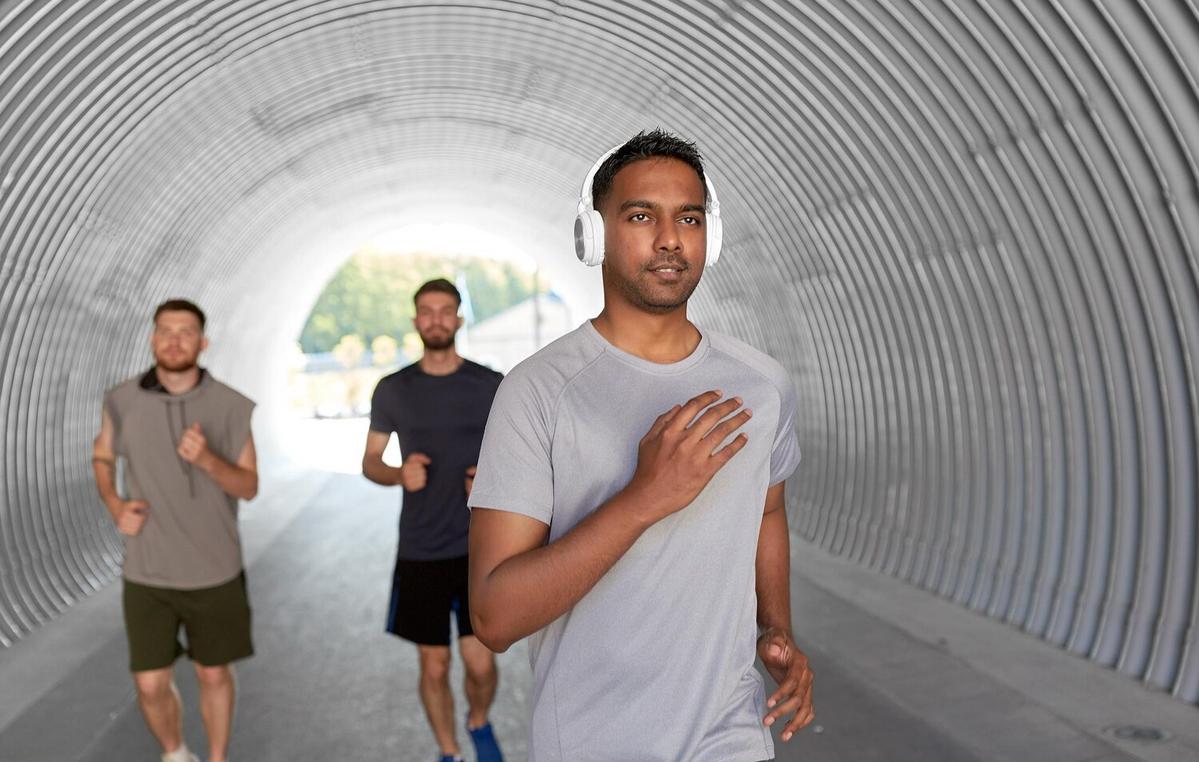
Balancing Mental and Physical Health in Your Fitness Journey
Embarking on a fitness journey involves more than just physical exercise. Balancing mental and physical health is crucial for achieving lasting results and overall well-being. This article explores how to maintain this balance, offering insights, research, and practical tips to support your fitness goals.
Maintaining a healthy lifestyle involves a holistic approach, considering both mental and physical health. Renowned psychologist Dr. Samantha Lee emphasizes, ‘Mental health is a key component of overall fitness. It’s important to nurture your mind just as much as your body.’ This perspective aligns with findings from a recent study published by the American Psychological Association, which highlights that individuals who engage in regular physical activity report better mental health outcomes.
Understanding the Mind-Body Connection
The connection between mental and physical health is undeniable. When you’re physically active, your body releases endorphins, which can improve mood and reduce stress. However, it’s equally important to address mental health challenges that may arise during your fitness journey.
The Importance of Mental Health in Fitness
Ignoring mental well-being can lead to burnout and demotivation. Fitness enthusiast Steve Jacobs shares, ‘I focused solely on physical gains at first, but realized that without mental balance, I couldn’t sustain my progress.’ This realization underscores the need to prioritize mental health as part of your fitness routine.
Actionable Tips for Balancing Mental and Physical Health
- Set Realistic Goals: Avoid setting unrealistic expectations that can lead to frustration. Break down your goals into manageable steps.
- Practice Mindfulness: Incorporate techniques such as meditation or yoga to enhance mental clarity and focus.
- Stay Connected: Engage with supportive communities or workout partners to maintain motivation and accountability.
- Rest and Recover: Prioritize rest days to prevent burnout and allow your body to heal.
- Seek Professional Guidance: Consider consulting a mental health professional to address any underlying issues.
A Holistic Approach to Fitness
Adopting a balanced approach means integrating both mental and physical practices into your routine. Here’s a simple comparison of activities that can benefit both areas:
| Physical Activity | Mental Health Benefit |
|---|---|
| Running | Releases endorphins, improving mood |
| Yoga | Enhances relaxation and reduces stress |
| Weightlifting | Boosts confidence and resilience |
| Swimming | Provides meditative, stress-relieving effects |
| Cycling | Encourages mindfulness and focus |
| Hiking | Improves mental clarity and connection with nature |
| Dancing | Promotes joy and social interaction |
| Pilates | Enhances concentration and body awareness |
Pro Tip: Schedule a weekly ‘mental health check-in’ with yourself to reflect on your emotional and mental state, adjusting your fitness plan as needed.
FAQ
How does physical exercise impact mental health?
Physical exercise boosts the production of endorphins, which can enhance mood and reduce anxiety.
Can mental health affect physical fitness progress?
Yes, poor mental health can lead to decreased motivation and consistency in physical activities, affecting progress.
What are some simple mental health practices to incorporate into a fitness routine?
Mindfulness exercises, such as meditation or deep breathing, can be easily integrated into your routine for mental clarity.
Conclusion: Striking the Right Balance
Balancing mental and physical health is an ongoing journey that requires attention and care. By understanding the interconnectedness of mind and body, setting realistic goals, and incorporating mental health practices into your routine, you can enhance your overall well-being and achieve sustainable fitness success. Remember, your fitness journey is unique, and finding the right balance is key to long-term health and happiness.


